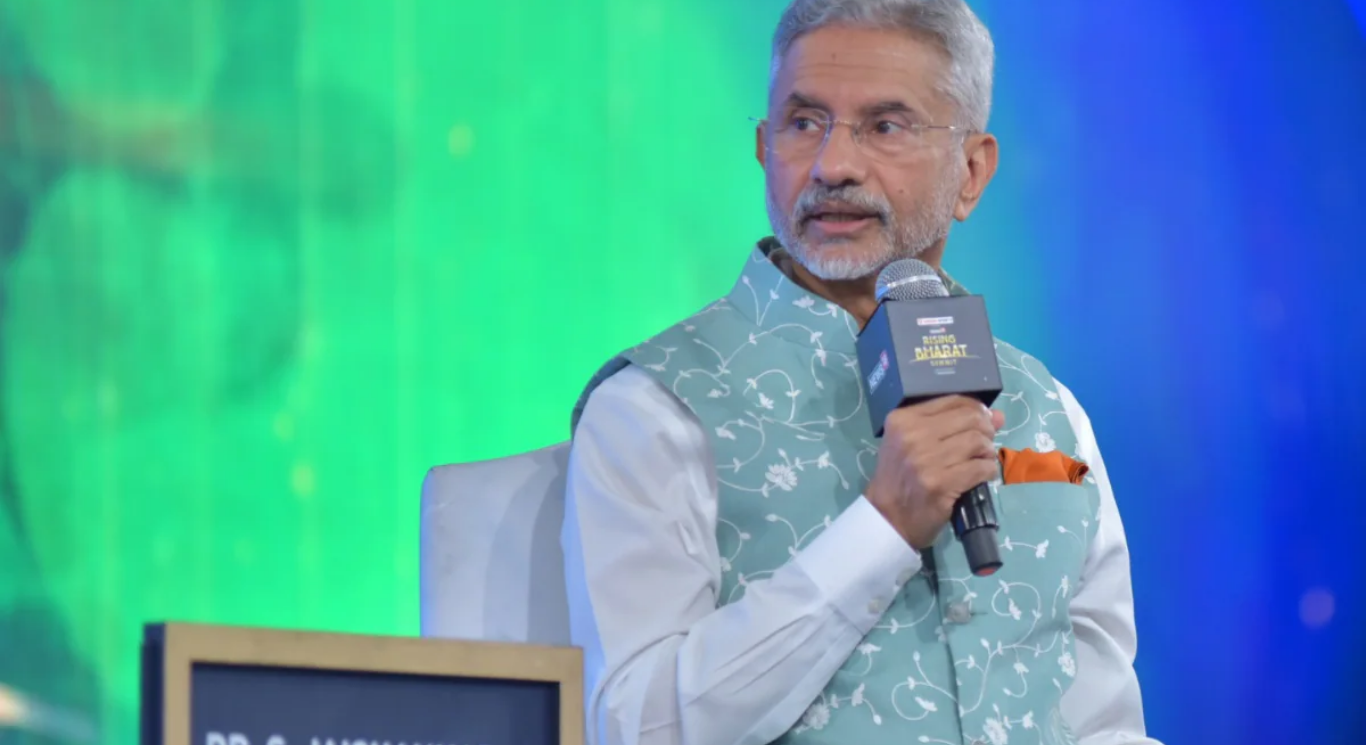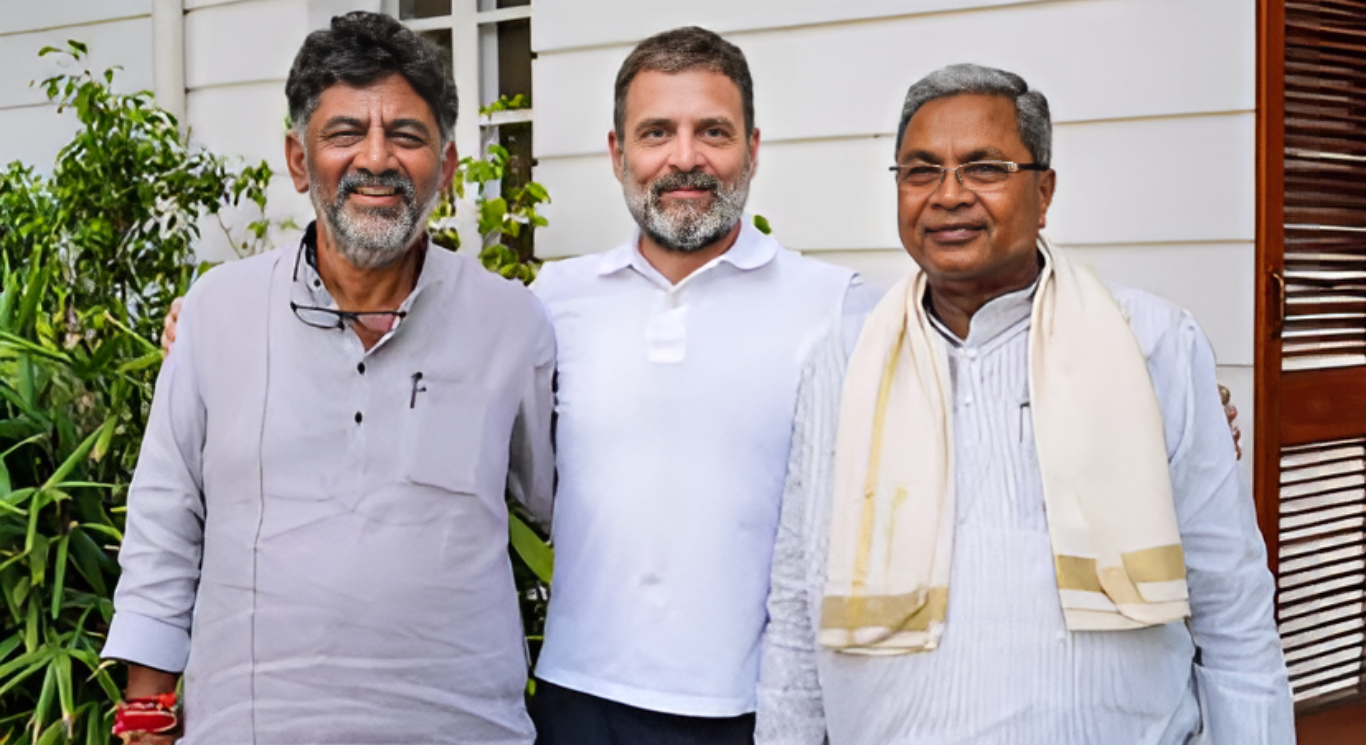


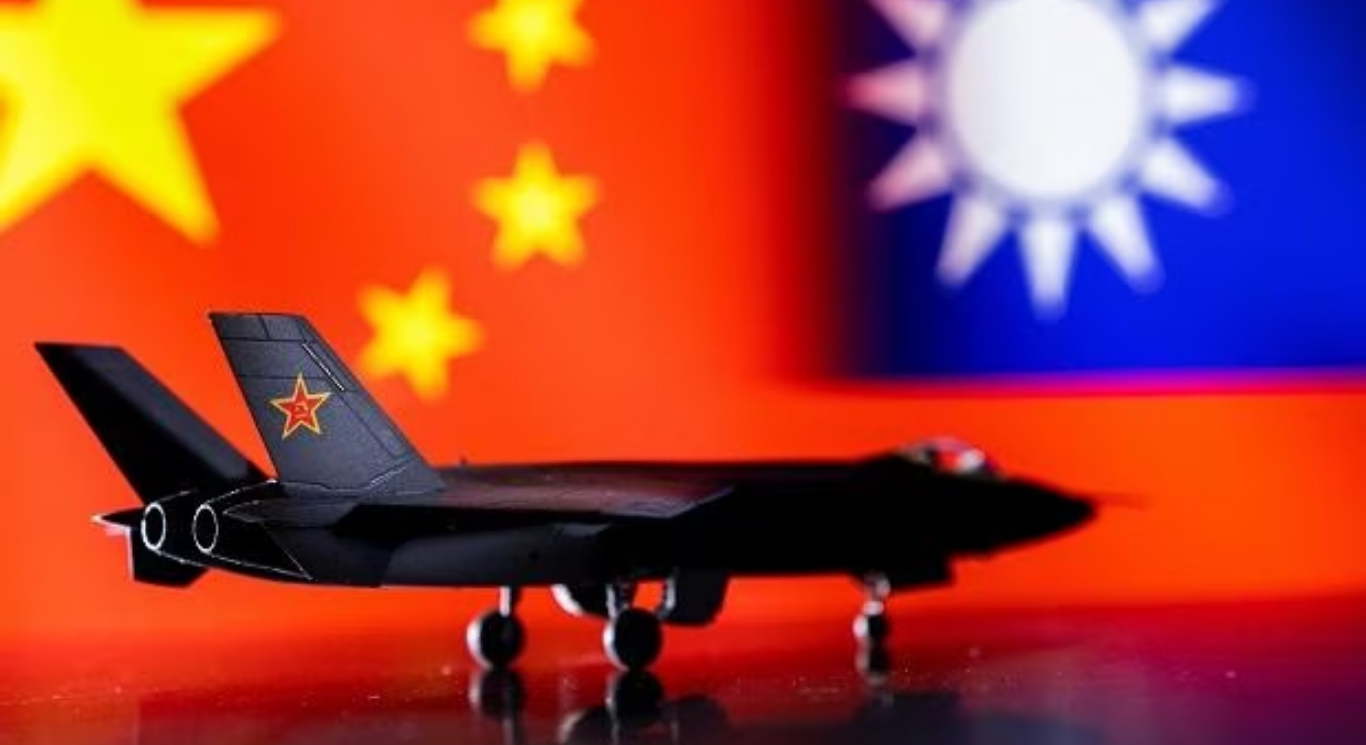

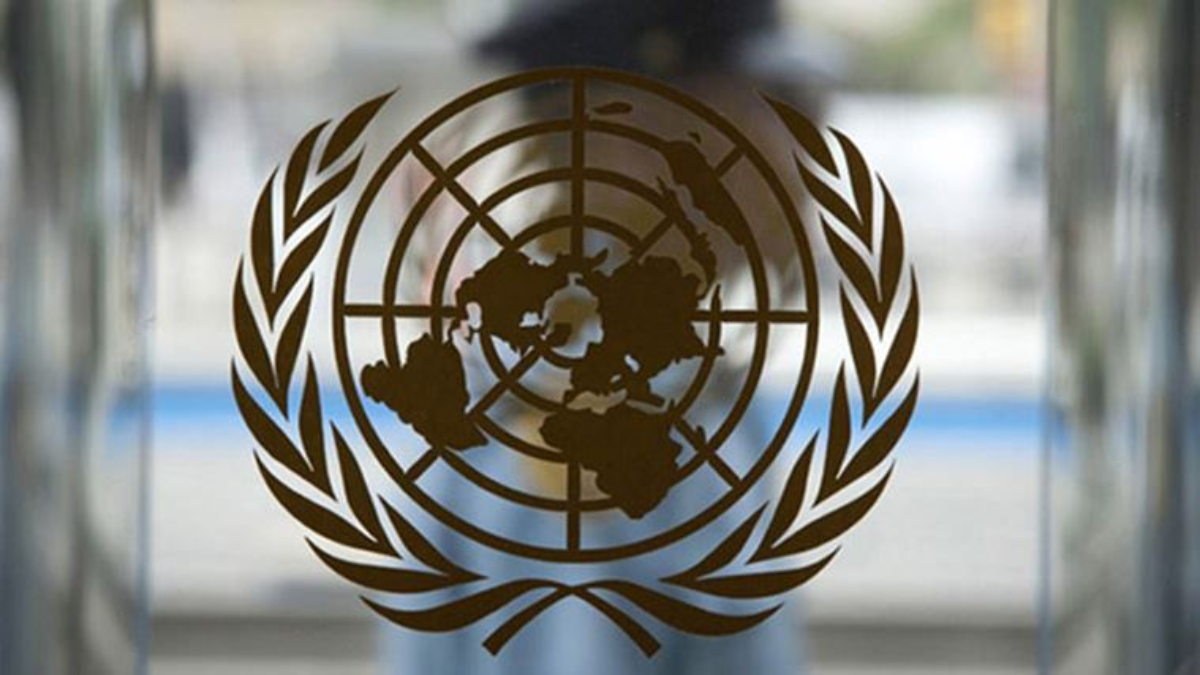
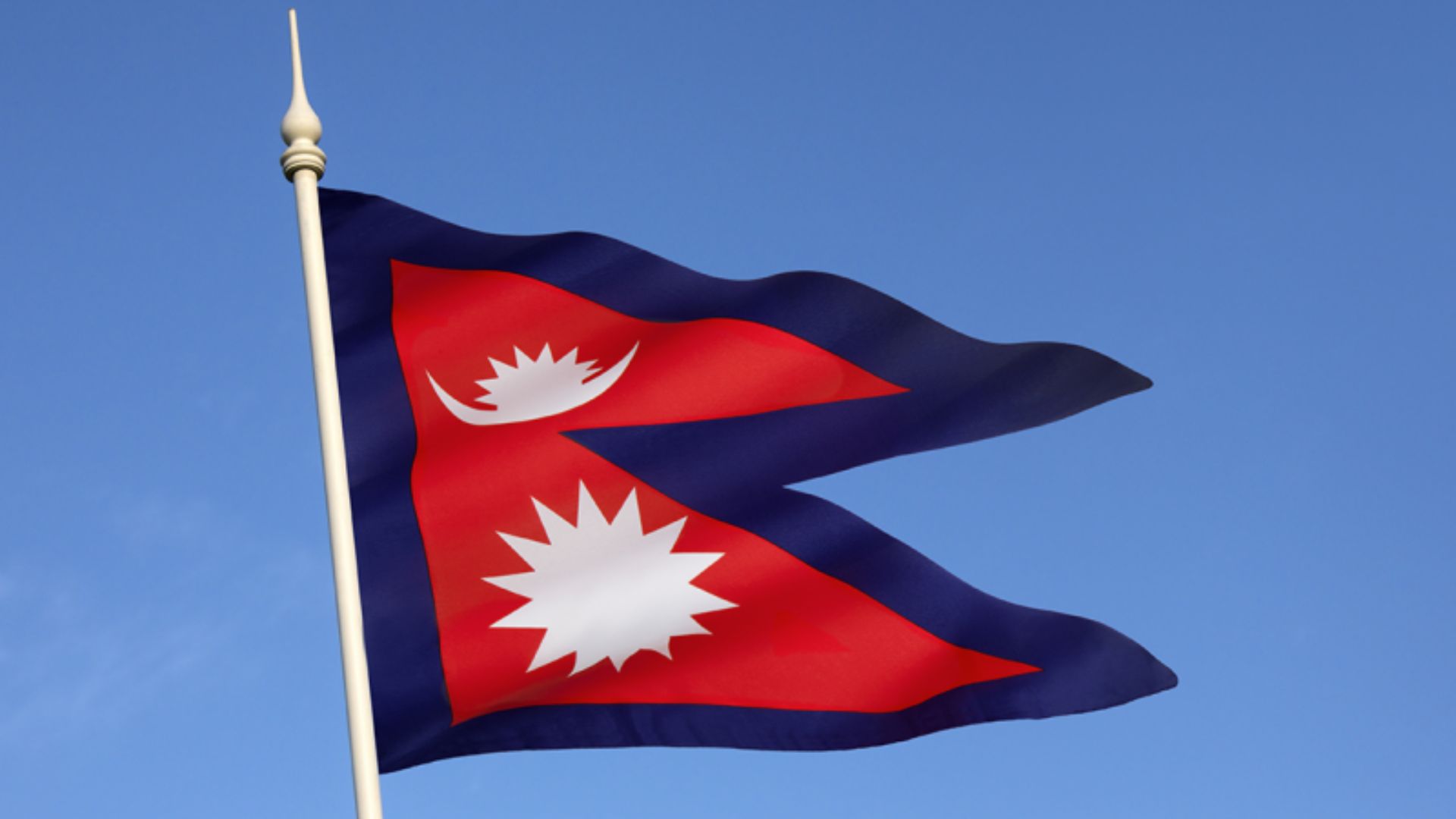

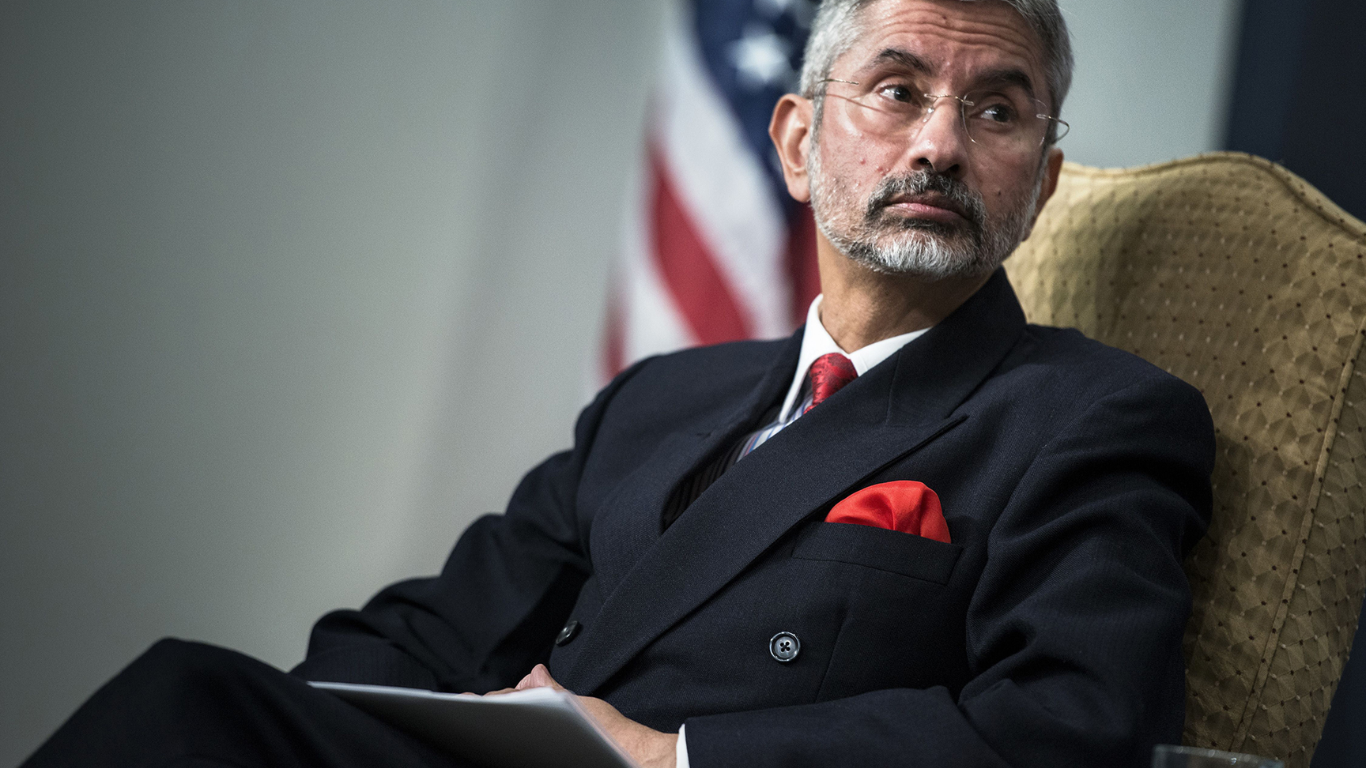
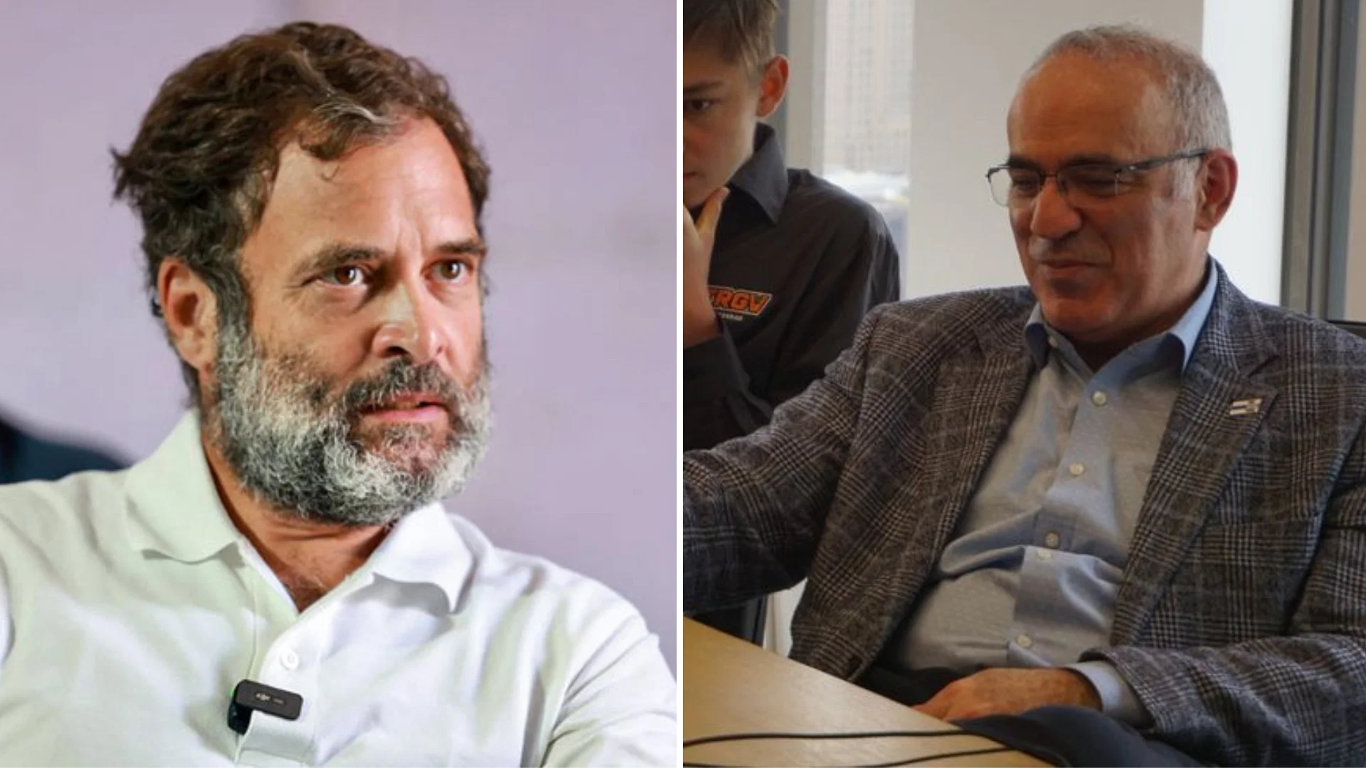
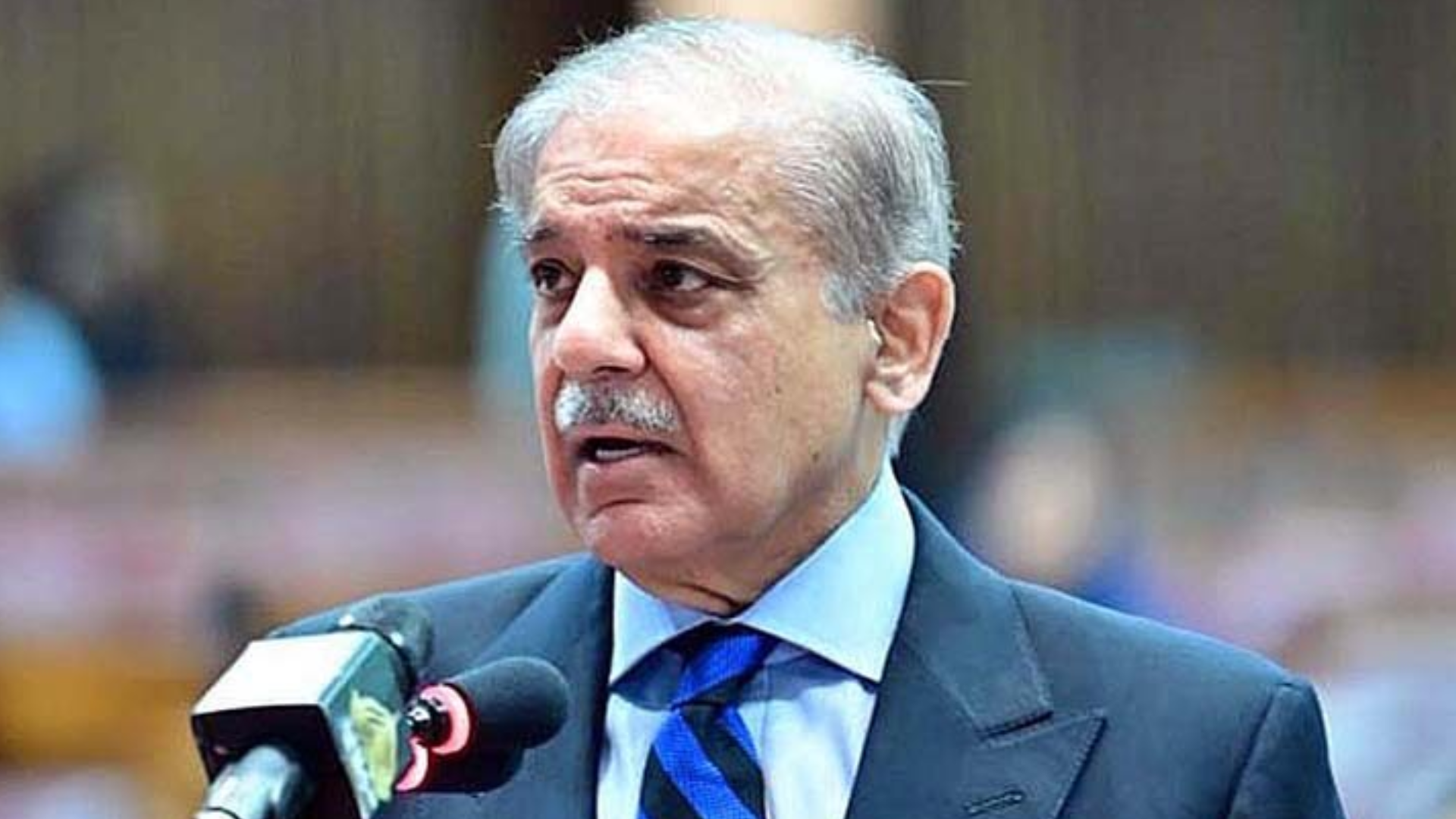
Pakistan’s Prime Minister Shehbaz Sharif has prohibited the use of red carpets at government events, reserving them solely for diplomatic receptions, as part of cost-cutting measures to reduce unnecessary spending in the financially struggling country. Sharif expressed irritation over red carpets being used when federal ministers and senior officials visited government functions. According to the Cabinet Division, the use of red carpets has been banned on the prime minister’s orders.
A notification from the Cabinet Division stated that the prime minister has directed that red carpets will no longer be used for federal ministers and government officials at official events going forward. However, they may still be used as protocol for foreign diplomats, as per The Express Tribune newspaper.
READ MORE: Lok Sabha Elections 2024: PM Modi Takes The Stage In Meerut, UP
The decision to ban red carpets is more than just symbolic. It represents a tangible attempt to cut back on unnecessary expenses and redirect resources to more critical governance areas. By eliminating red carpets, the government aims to save funds and promote a more responsible and prudent approach to public finances. Last week, Prime Minister Sharif and Cabinet members voluntarily gave up their salaries and perks as part of the government’s austerity drive.
Last month, the prime minister stated that austerity measures were the government’s top priority. Earlier, Pakistan’s President Asif Ali Zardari declined to take a salary and perks due to the economic challenges facing the country. Sharif was sworn in as prime minister for the second time since 2022 in the midst of staggering economic and security issues.
Earlier this month, Sharif said his government is planning to approach the International Monetary Fund for “another programme”, just days after the country reached a staff-level agreement with the global lender regarding the release of the final USD 1.1 billion tranche.


